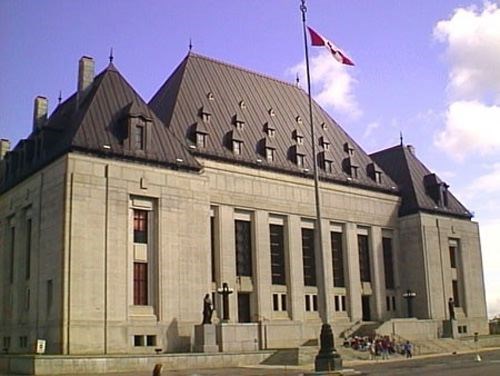OTTAWA - For the first time, the Supreme Court of Canada has recognized a First Nation's title to a specific tract of land - a historic decision with major implications for contentious energy projects like the Northern Gateway pipeline.
Thursday's unanimous 8-0 decision, which overturned an appeal court's ruling, will essentially make it easier for First Nations to establish title over lands that were regularly used for hunting, fishing and other activities.
The landmark ruling is the Supreme Court's first on aboriginal title and will apply wherever there are unresolved land claims.
"The claimant group bears the onus of establishing aboriginal title," Chief Justice Beverley McLachlin wrote in the decision.
"The task is to identify how pre-sovereignty rights and interests can properly find expression in modern common law terms."
Title, however, is not absolute, the top court declared; economic development can still go ahead on land where title is established as long as one of two conditions is met.
Economic development on land where title is established would require the consent of the First Nation. Failing that, the government would have to make the case that development is pressing and substantial, and meet its fiduciary duty to the aboriginal group.
In other words, the decision places a greater burden on governments to justify economic development on aboriginal land.
The court also makes it clear that provincial law still applies to land over which aboriginal title has been declared, subject to constitutional limits.



